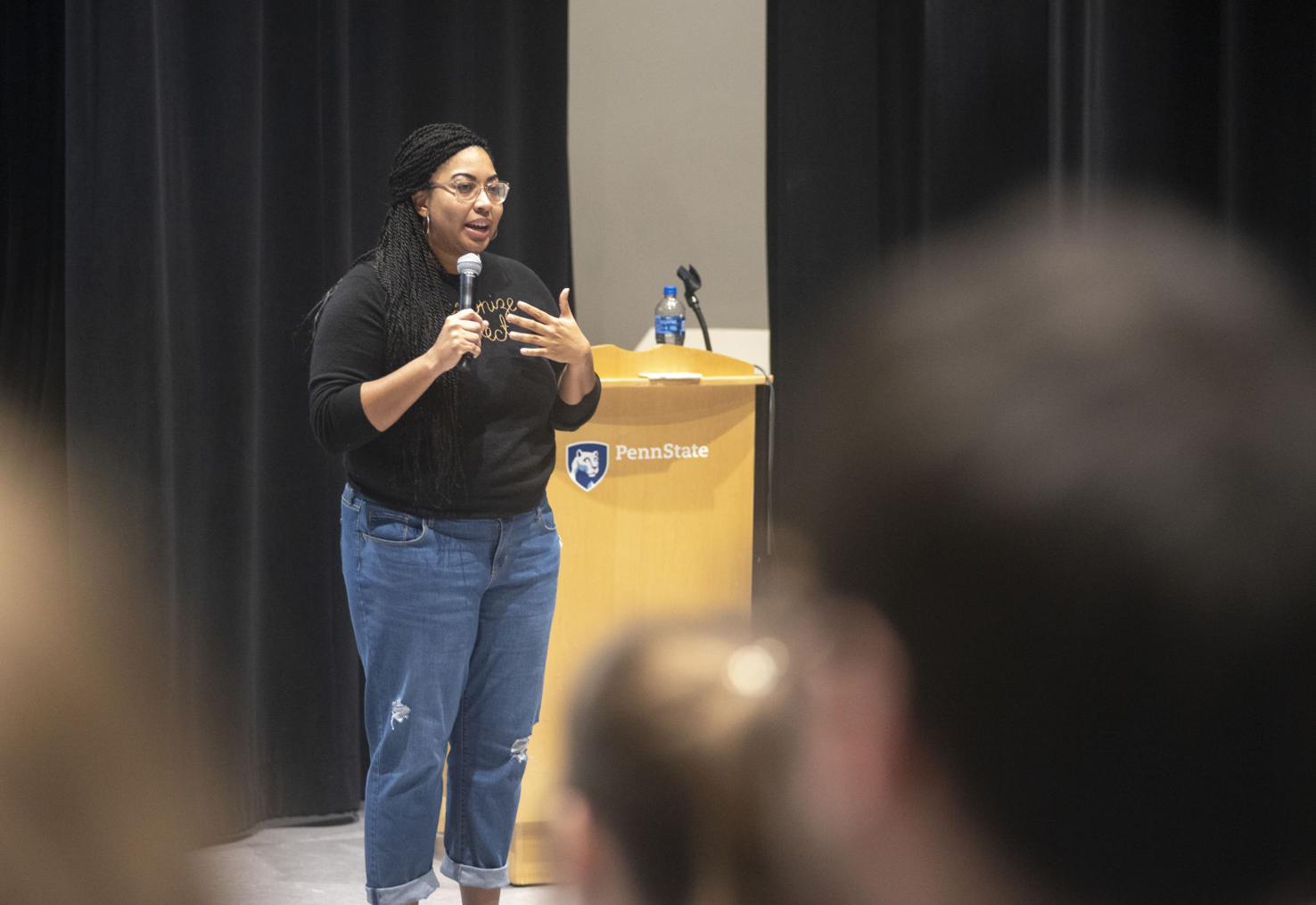Voice of Change
Rachel Cargle & Yolanda Jackson Discuss
Shifting Perspectives on Achieving Racial Equity
By Arshpreet Multani
As part of Bar Association of San Francisco (BASF) Board President Marvin Anderson’s racial justice series, BASF welcomed academic, writer, and lecturer Rachel Cargle to consider difficult thoughts about race. BASF Executive Director and General Counsel Yolanda Jackson sat down with her to discuss how we can move toward being in a better relationship with ourselves and one another.

On July 20, attendees were virtually presented with an honest and empathetic conversation about shifting perspectives on achieving racial equity. Cargle, who currently provides intellectual discourse, tools, and resources that explore the intersection of race and womanhood, expressed that it’s not surprising that these conversations are still being had. "We’ve seen over history the ways that racism has this capability of shapeshifting from generation to generation while still maintaining the benefits of whiteness," she said.
In defining white supremacy, Cargle advises we steer clear of its dictionary definition, and instead focus on the “irrational concept of whiteness meaning that your existence holds more weight in the world than other people based on the color of skin.”
Nonetheless, the belief that white supremacy doesn’t exist continues to linger in society. People who fall into this line of thinking are rarely critical of the structures that they benefit from. “There is a convenient blindness for those who believe that white supremacy doesn’t exist,” said Cargle.
Today, white supremacy is kept alive and sustained by the lack of imagination of what equity could be because people are not sharing their power and privilege. However, white supremacy is not only upheld by white people; in fact, people of color benefit from having proximity to whiteness. "How we do our hair, how we dress, how we talk, and how we do things that make us seem less far away from the white standards is a way that people continue the narrative that there is supremacy in this concept of whiteness," Cargle explained.
White supremacy has no imagination, it has no concept of what else could be because it’s been in power for so long. It takes this reimagining, this intentional imagination to say, ‘what else could be possible?'" — Rachel Cargle
Although there are no signs of white supremacy ending or whiteness relinquishing its power, Cargle feels hopeful for the ways that Black women show up for themselves, and she remains encouraged about the ways in which social media has allowed individuals to see and hear one another. She urged that the burden of finding solving white supremacy shouldn't fall on Black folks. “White supremacy is a white issue that needs to be solved by whiteness… I want Black people to be able to rest in simply their humanity, as opposed to waking up every day figuring out how to survive whiteness.”

White people, on the other hand, should do everything they possibly can to bring an end to white supremacy. She noted that things as small as what jokes you let slide at the dinner table have the ability to influence these patterns of thinking.
But in order to dismantle systemic racism as a whole, the people in positions of power must relinquish it for real change to happen. Dismantling the policing system is also another difficult concept for people to swallow. "White supremacy has no imagination, it has no concept of what else could be because it’s been in power for so long. It takes this reimagining, this intentional imagination to say, ‘what else could be possible?’" This explains why the conversation surrounding defunding the police is so hard for white people since they understand that the police serve and protect them.
WATCH: CARGLE ADDRESSES THE MODERN MANIFESTATIONS OF RACISM, CALLING FOR MORE INTENTIONAL ACCOUNTABILITY IN HER 2019 TEDX TALK.
Cargle closed the conversation by offering advice to non-white people in majority white spaces. Rely on your community and find other people of color who understand your situation or trusted allies within your space. Be sure to use your off time to practice self-care and indulge so that you can fuel your tank and return to these spaces again.
To learn more about the resources and intellectual discourses Cargle provides, visit her website. Stay tuned for the next part of our racial equity discussion series on October 26 at 4:30 - 5:30 p.m. as we welcome Nsé Ufot, Chief Executive Officer of the New Georgia Project and its affiliate, New Georgia Project Action Fund, for a deep dive into voter rights.
